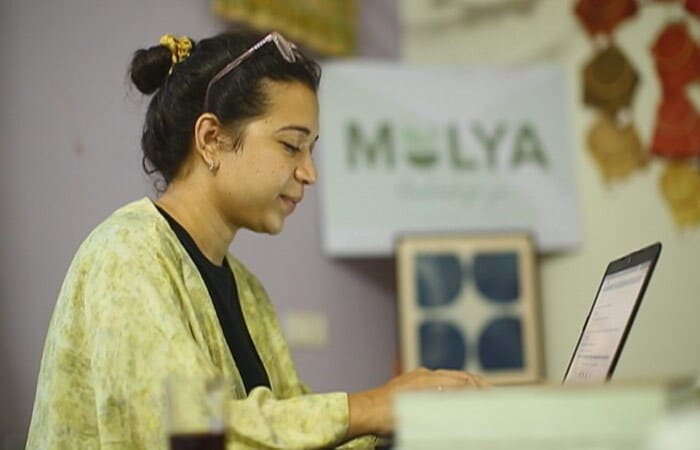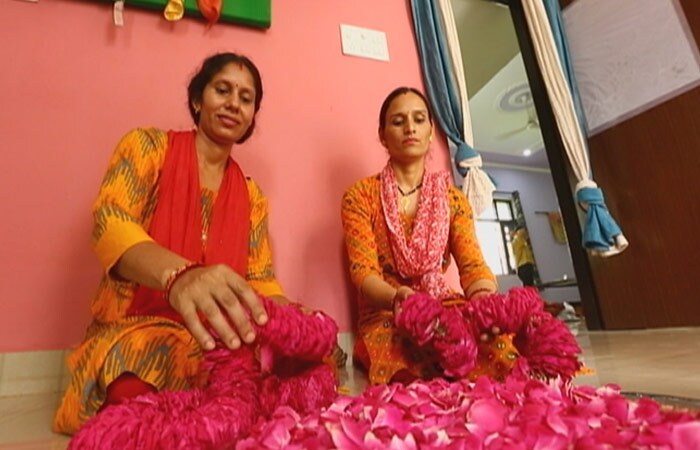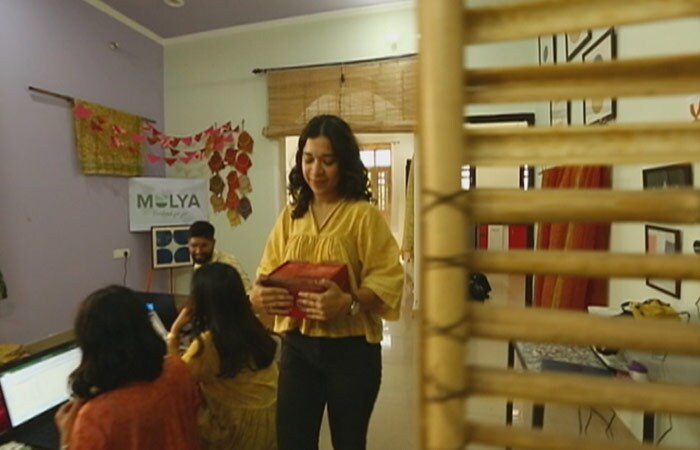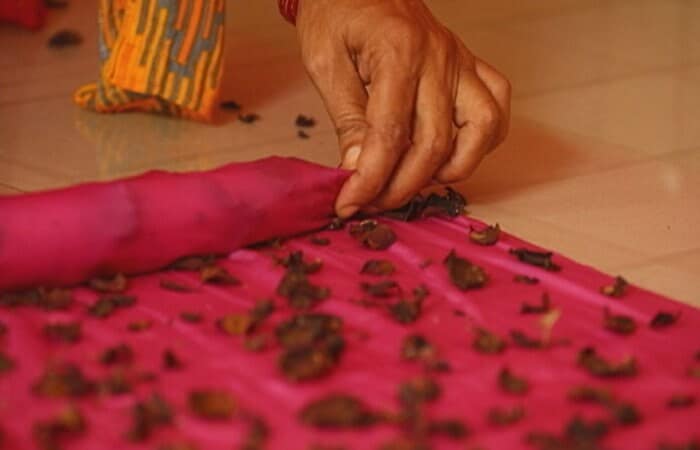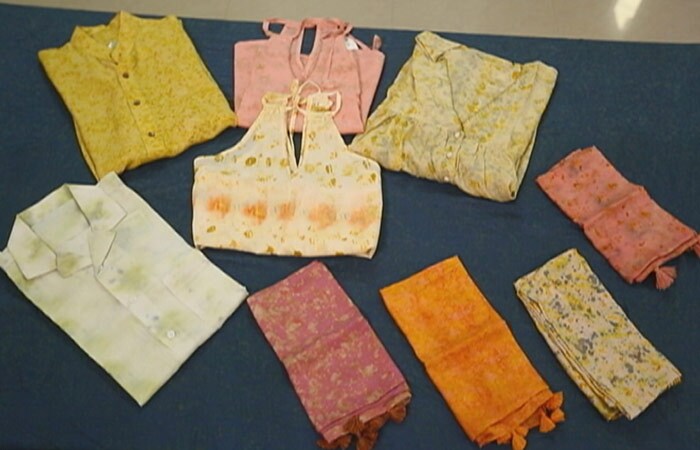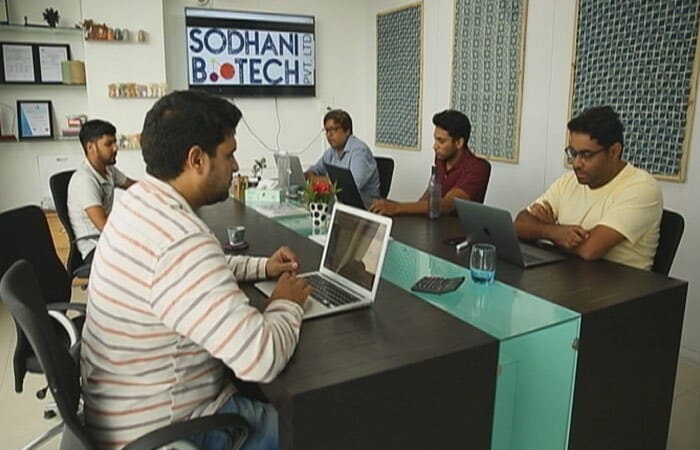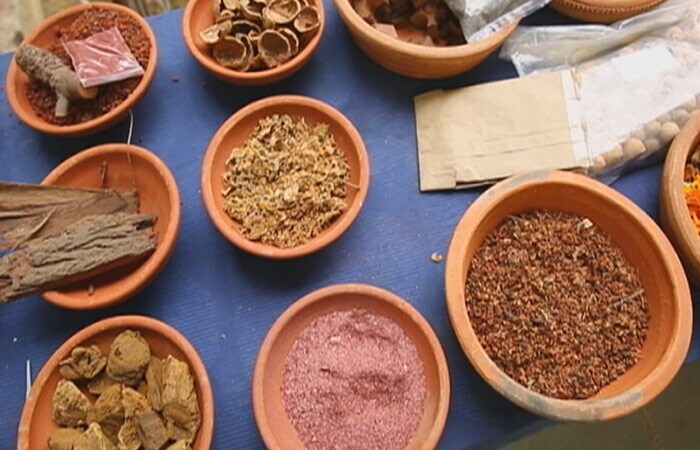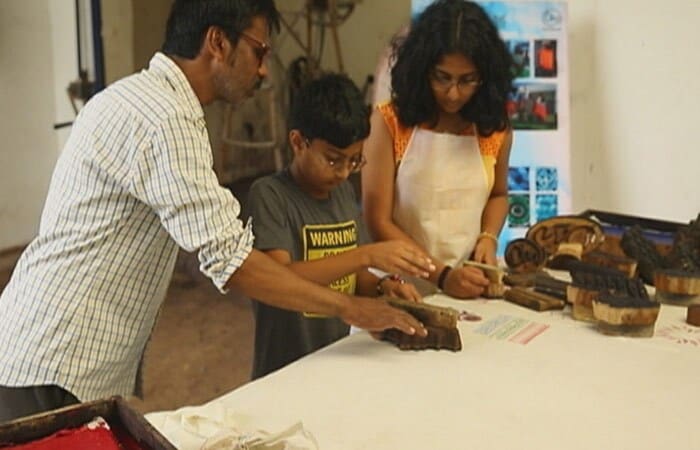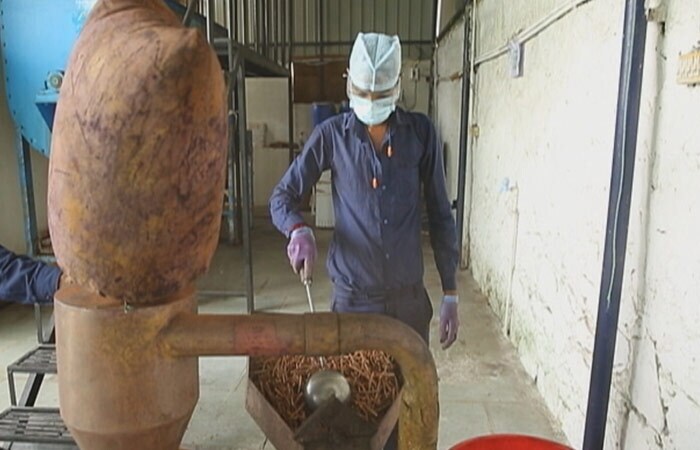Extracting Natural Dyes From Plants And Plant Waste To Make Sustainable Products
Flowers are used in different forms and events - celebrations, prayers and mourning. But have you ever thought about what happens to these flowers once they are used? Such beautiful gifts of nature are just thrown away in dustbins. However, few brands are reusing discarded flowers by transforming them into sustainable products.
-
Alisha Mandolia, a textile designer by profession, wanted to do something to give flowers a longer life, and thus began Mulya Creation in 2019. With a focus on the 3Rs - reduce, reuse and recycle - Mulya Creation works on turning plain fabric into beautiful prints, all thanks to that gift from nature - flowers.
-
Flowers used in Jaimalas are preserved by extracting their natural colours onto a fabric. If flowers are pretty fresh, they are used as it is, if not, they are dried under the sun and then spread over the fabric which is rolled, steamed and left for a day. The fabric then goes for washing, ironing and final touches including embroidery.
-
As chic as your outfit looks, wrapping yourself in chemicals is definitely not a good idea. And that is what Sodhani Biotech, a team of young professionals, is trying to change. Sodhani Biotech promotes the oneness of our life with the environment and they do this by extracting colours from plants and plant waste.
-
Apart from dye extraction, the team at Sodhani Biotech also conducts workshops for people of all age groups. The workshops not only teach techniques for easy dyeing projects at home, but also the history and fundamentals of natural dyeing. The workshops also focus on traditional block printing techniques, and participants are given DIY (do-it-yourself) kits making the experience all the more special.

